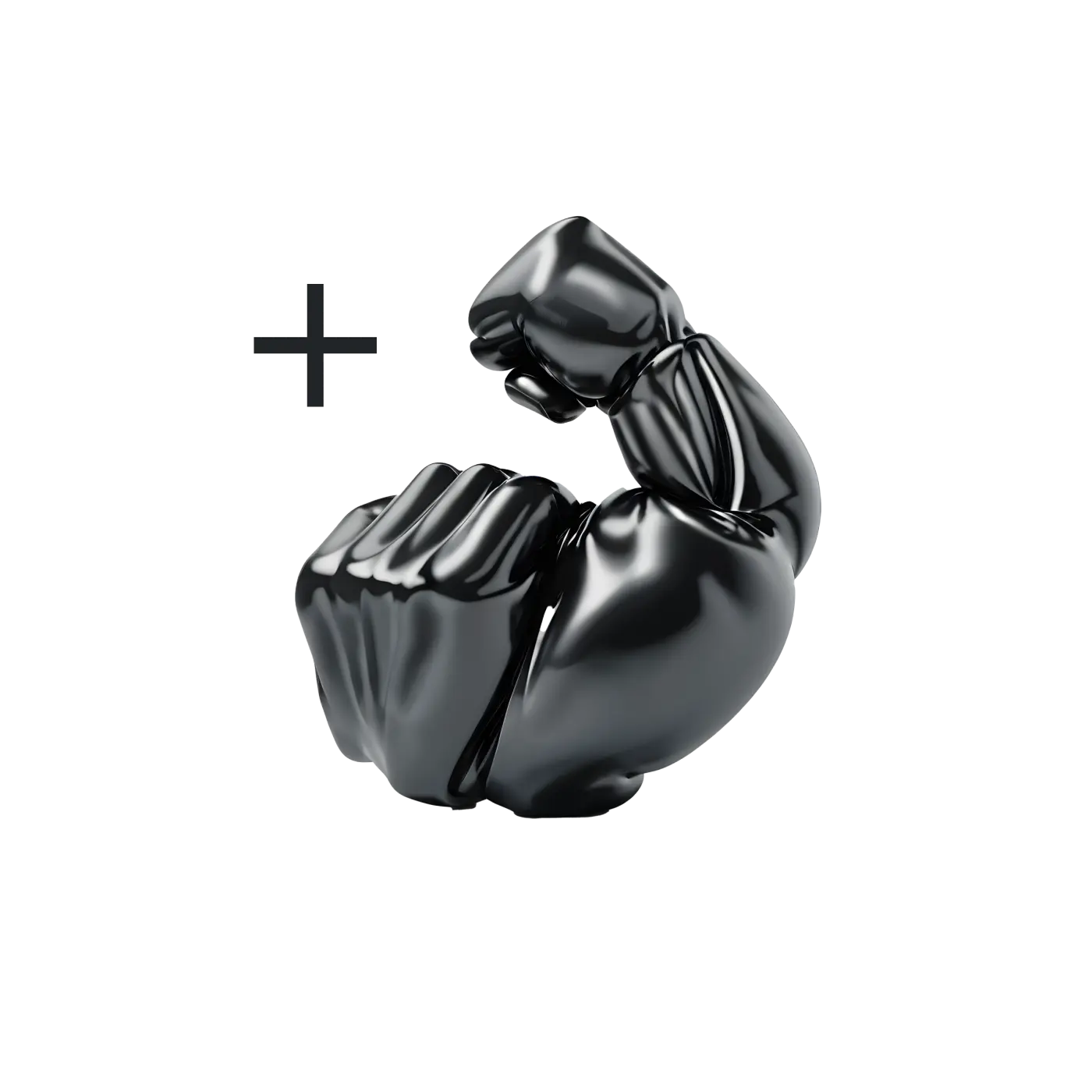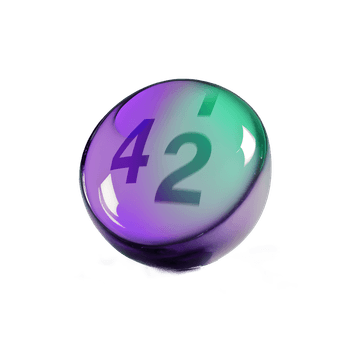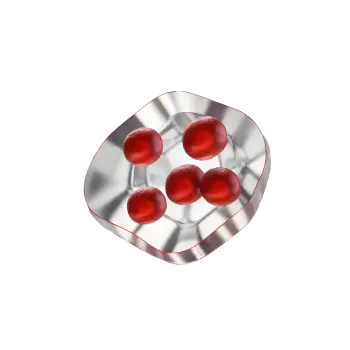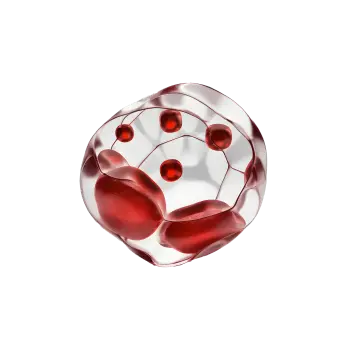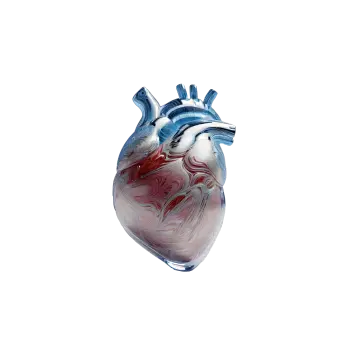Testosterone plays an important role in our physical and sexual health and is strongly linked to muscle building, energy levels and sex drive.
The Testosterone Plus health check gives you a comprehensive assessment of your testosterone levels. By measuring your testosterone, hormone and blood levels, this health check gives you insight into your testosterone production as well as an estimate of total bioactive testosterone. With this information, you can detect any abnormalities that may be the root cause of problems such as low sex drive, premature puberty and infertility.
What do we analyze and why?
- S-Testosterone (bioactive), the biologically active form of testosterone is called "free testosterone." It is the testosterone that is not bound to any proteins and can directly affect the body's various tissues and organs.
- Total testosterone, is the total amount of testosterone found in the blood serum and is analyzed to give a general picture of your testosterone levels.
- Zinc, a mineral that is important for maintaining optimal levels of testosterone in the body. It is needed for the production of this important hormone and in case of zinc deficiency, an increased intake can help raise testosterone levels.
- Lutropin, also known as luteinizing hormone (LH), is a hormone produced by the pituitary gland, a gland located in the brain. LH plays an important role in the reproductive system in both men and women and contributes to regulating, among other things, ovulation in women and testosterone production in men.
- Blood status, analysis of various blood cells that affect your general health.
- SHBG is a protein produced in the liver and which binds to sex hormones such as testosterone and estradiol in the blood.
Estradiol (S-Estradiol) – new marker in Testosterone Plus. Estradiol is formed from testosterone by the enzyme aromatase and also plays an important role in men. The balance between testosterone and estradiol affects sexual function, mood, energy and body composition. Elevated estradiol levels can lead to fatigue, fluid retention or reduced sex drive, while levels that are too low can negatively affect bones, joints and well-being. By measuring estradiol, you get a more complete picture of your hormonal balance.
Examples of testosterone deficiency symptoms:
- Decreased feelings of desire
- Difficult to get an effect from exercise
- Weight gain
- Decreased sense of well-being
- Worse memory
- Impaired ability to concentrate
- Depressive feelings and irritation
- Fatigue
- Reduced muscle mass
- Abdominal obesity
- Sleep difficulties
- Joint or muscle pain
Sampling for men: we recommend that you leave the test in the morning between 7:00 and 10:00 a.m. due to strong diurnal variation. In normal cases, testosterone is secreted with a maximum value early in the morning and minimum values around midnight. The half-life in the blood is about 4 minutes. You must also fast starting at 22:00 the day before the test.






















